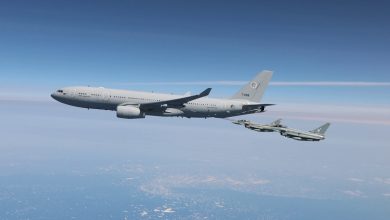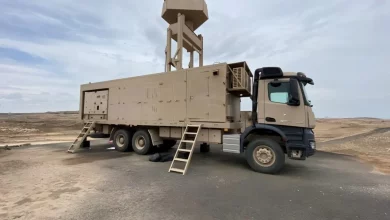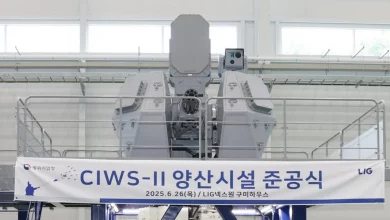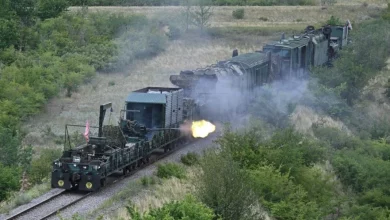German startup tests MIRA II spaceplane in key trial

German-based POLARIS Raumflugzeuge has announced a successful milestone in the development of its MIRA II spaceplane, completing the first aerospike roll test with its custom-made AS-1F linear aerospike engine.
The test, conducted on Tuesday, October 29, at Peenemünde Airport, featured a three-second burn of the 1 kN LOX/kerosene engine.
The roll test followed a series of successful turbine-powered test flights of the MIRA II spaceplane conducted between October 25 and October 27. During these tests, MIRA II completed three flights, showcasing its capability as a turbine-powered craft. Within just 36 hours of completing these flights, POLARIS integrated the aerospike LOX/kerosene rocket propulsion system, culminating in the October 29 roll test.
“This fully successful roll test is the last step before in-flight ignition,” stated the POLARIS team, signaling the program’s readiness to proceed to more advanced flight trials. The integration and testing of the aerospike engine demonstrate POLARIS Spaceplanes’ commitment to advancing next-generation propulsion technology for spaceplane applications.
The MIRA II spaceplane, equipped with this innovative propulsion system, reflects a focus on efficiency and adaptability in spaceflight operations. Aerospike engines are known for their potential to maintain high efficiency across a range of altitudes, offering significant advantages over conventional rocket engines.
As the MIRA II project progresses, POLARIS Raumflugzeuge aims to further validate the operational capabilities of the aerospike engine in flight, a move that could position the company as a key player in the development of versatile, high-performance spaceplanes.






